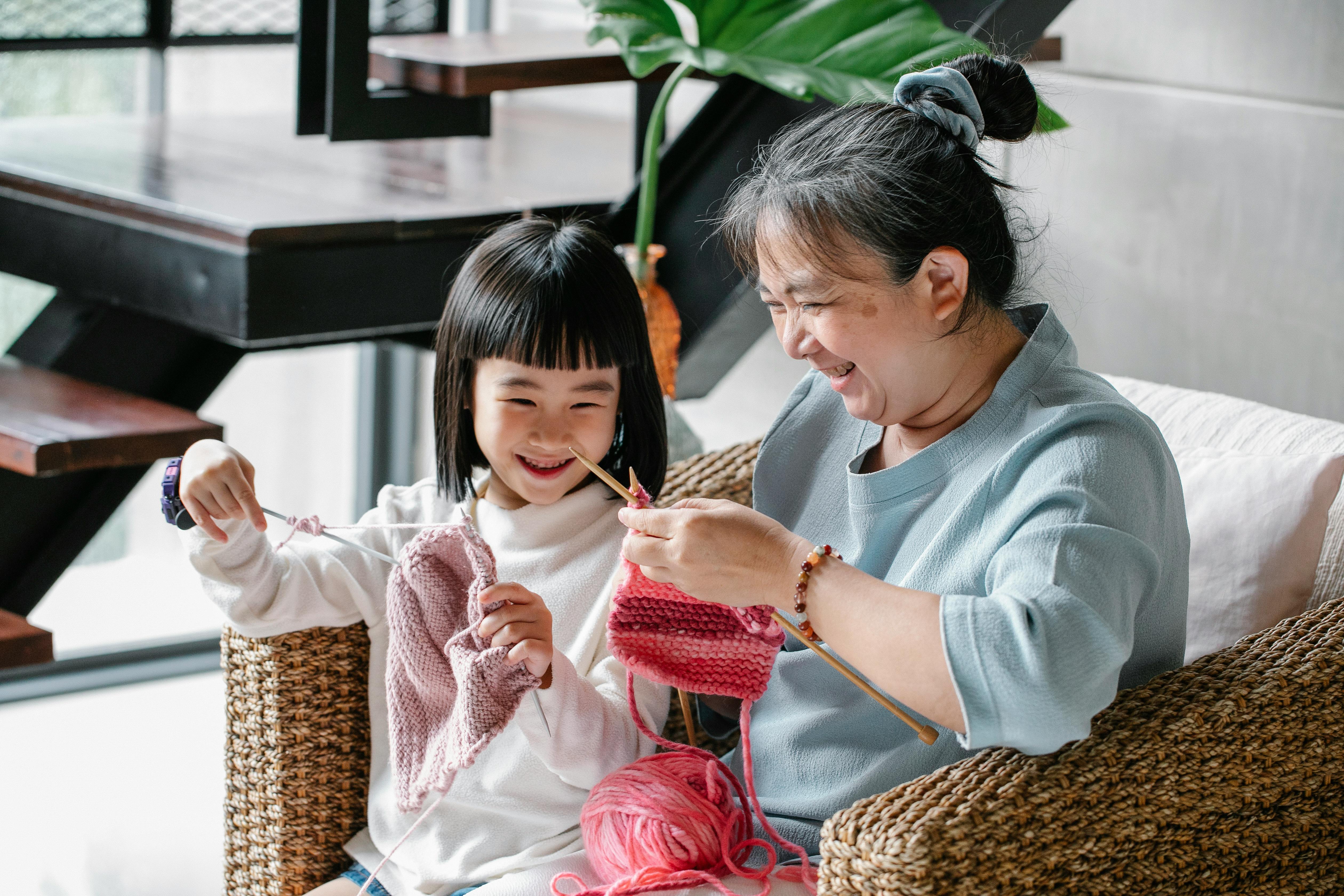Allergies are very common in children. Some may suffer from seasonal allergies, while others may have them throughout the year. It is important to find out the cause of the disease so your child can be tested and treated as soon as possible.
A spring allergy will often be seen in your child between the ages of 2 and 5 years. Although they may have picked up an illness from someone, you should monitor them for signs of sensitivity to something in the air.
How will you know if your child has a spring allergy?
Common symptoms include a runny nose, repetitive sneezing, and itchy skin. If your child has a runny nose, wait and see if this continues for a week or more. If it’s just a common cold, it should go away in a few days.
They may also have congestion or a blocked nasal passage. A common sign of this is when your child clears his throat a lot. This occurs because the passage is blocked and mucus drips down the back of the throat. You should also look for watery eyes or an ear infection. Remember that if your child suffers from spring allergies, he will not have a fever. If there is a fever, it is probably a virus.
Keep track of allergies and treat them
If you notice that your child is frequently sick during this season, you should start keeping a diary. Write down when your child gets sick, possible symptoms, what they ate that day, any changes in the weather at the time, or any other factors. Keeping a record like this will help you a lot when the doctor asks about your child.
Your doctor may then treat your child or recommend that you see an allergist if he or she thinks your child is experiencing severe symptoms. The allergist will take all the necessary information about your child, perform a physical exam, and guide you through the various treatment methods that will be available to your child.
Spring allergies can often be treated with antihistamines to provide instant relief. A doctor may even prescribe a nasal spray in some cases (such as congestion). Some children even have the option of being treated with the appropriate vaccines. The best thing to do is ask an experienced allergist to recommend the best course of treatment for your child.
